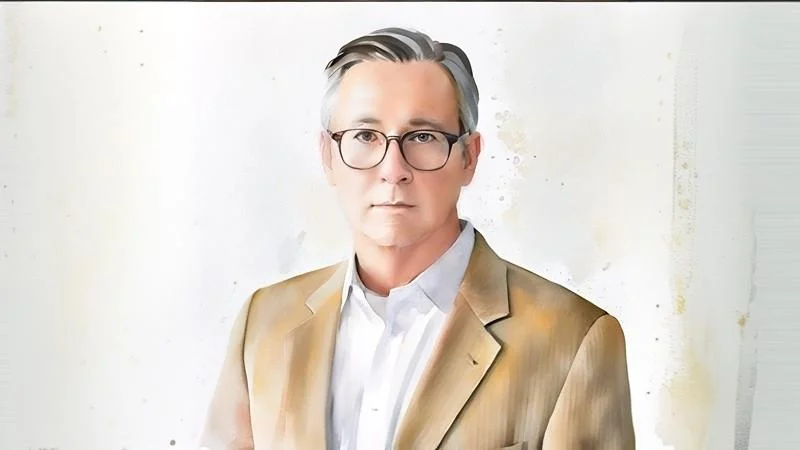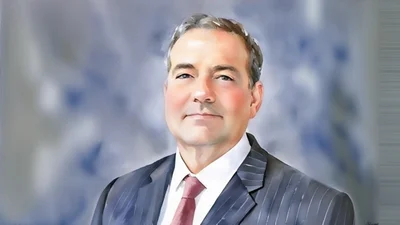Understanding the motivations and methods of the Chinese Communist Party has become a priority for policymakers. Peter Mattis, president of the Jamestown Foundation, has built his career analyzing the strategic intentions of the CCP and how its intelligence and political systems shape the world.
The Jamestown Foundation is an institution with roots in Cold War storytelling, originally amplifying the voices of Soviet defectors. “We are an organization that endeavors to provide the best information possible. We’re not about policy recommendations, but we’re also not neutral. We’re very firmly on the side of the United States, our allies, and have a particular aversion to communists or communist regimes.” The foundation’s publications, including China Brief, present adversaries’ words and intentions in their own terms, avoiding what he calls “mirror imaging” or Western projections.
Mattis took interest in Chinese language studies at the University of Washington. Friends encouraged him to try Mandarin, and he found a teacher who changed his trajectory. “She was disciplined. She was tough. She demanded you come prepared,” he says. That foundation led him into deeper study of Chinese history, politics, and eventually intelligence.
One of his biggest concerns about the CCP, he says, is its history of criminality. “The CCP has been involved in criminality since the very beginning. They were selling opium from Yunnan to fund itself. And they were not selling it to Afghans or to Russians or to Americans or British. They were selling it to Chinese people.” That history makes today’s involvement in fentanyl precursors or organized crime less surprising, he says. “Why would they treat Americans, Mexicans, or Canadians any better than they’ve treated their own people?”
Mattis has also written on CCP espionage, noting its distinct evolution from Soviet intelligence. China’s services, he says, missed out on developing advanced code-breaking and other technologies during the Cold War, leaving them to focus on document exploitation and later cyber capabilities. “They probably saw the value and the promise of cyber in the 1990s before others had invested,” he says. That head start now positions Beijing as a potential global leader in offensive and defensive cyber operations.
Mattis says the CCP’s United Front system is “a philosophy of politics” that Mao called one of the Party’s “three magic weapons.” “You win by mobilizing your friends, by isolating your enemies or converting them, and by converting neutrals to your cause. It is fundamentally a tool of struggle.” Today, the United Front operates across ministries, businesses, and diaspora networks, serving as a flexible political instrument. “It can be done for economic espionage, technology transfer, political influence, or surveillance of diaspora communities,” he says. “It’s really about creating a political tool that the party can leverage for whatever its needs are at a given moment.”
According to Mattis, the fate of Taiwan under CCP pressure should be a particular concern for the West.
He says that Washington often undermines Taiwan’s ability to prepare itself. “If we want Taiwan to step up, to defend itself, to prepare, we have to stop undermining our own objectives.” He believes leaders must be able to mobilize their citizens around national security, and that Taiwan’s leaders should take responsibility for the nation’s military weakness. He says the military is based on “the worst form of hybrid conscription,” including a volunteer force.”
The country has developed a unique identity as a result of Japanese colonialism, KMT martial law, and democratization. “There really is something about Taiwan… that should be understood,” he says. “It’s clear that there is something there that is distinctly Taiwanese.” Against Beijing’s threats, he believes many Taiwanese are determined to resist. “People want to defend that. They saw what happened in Hong Kong, what it meant to have one country, two systems.”









